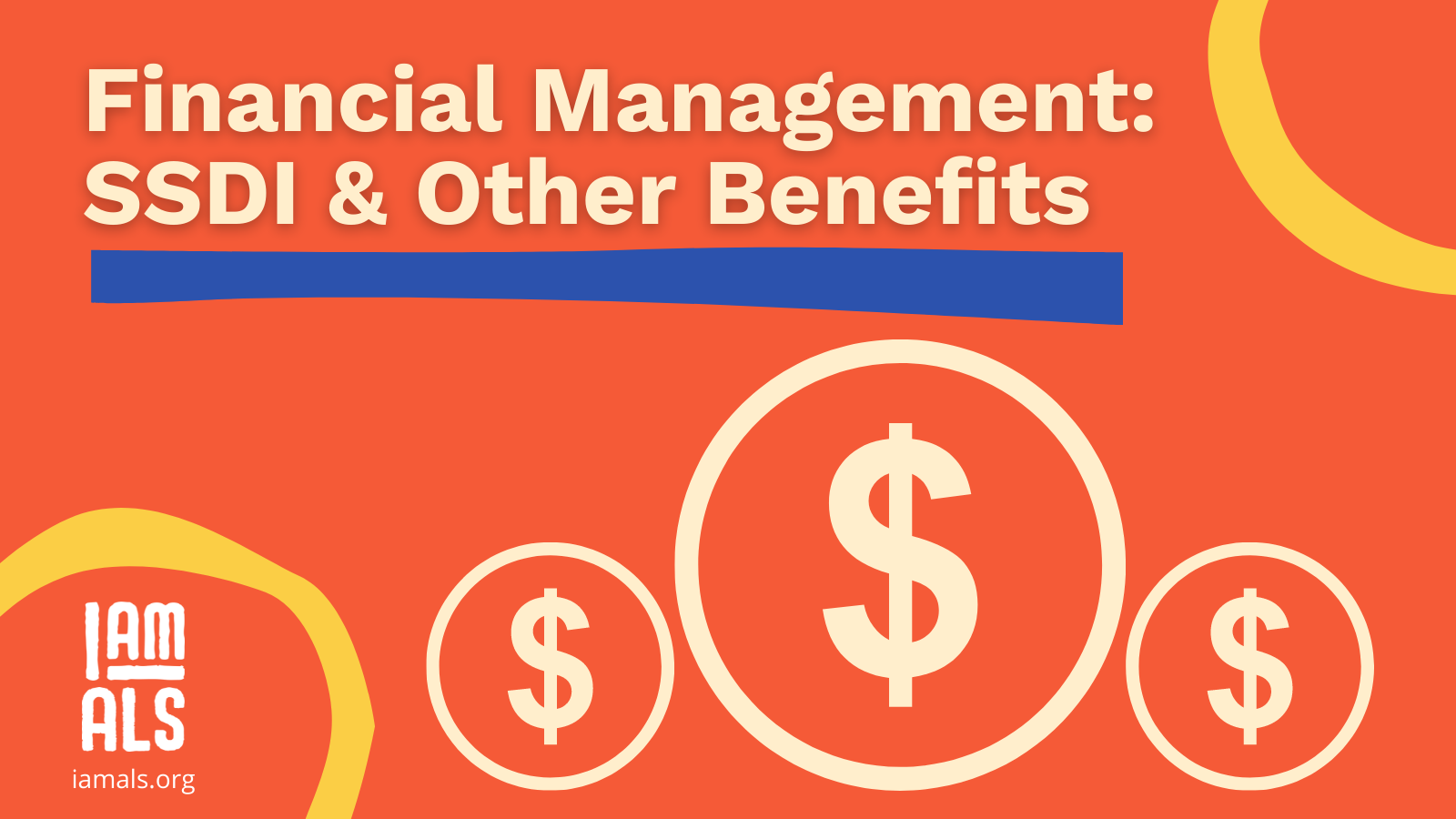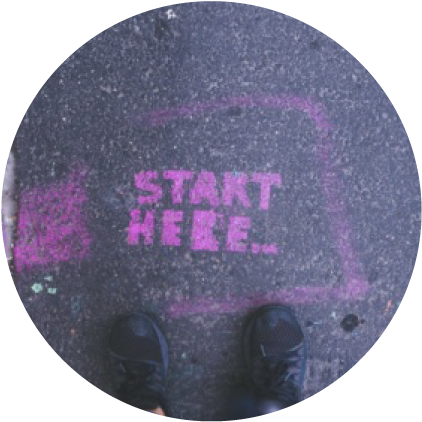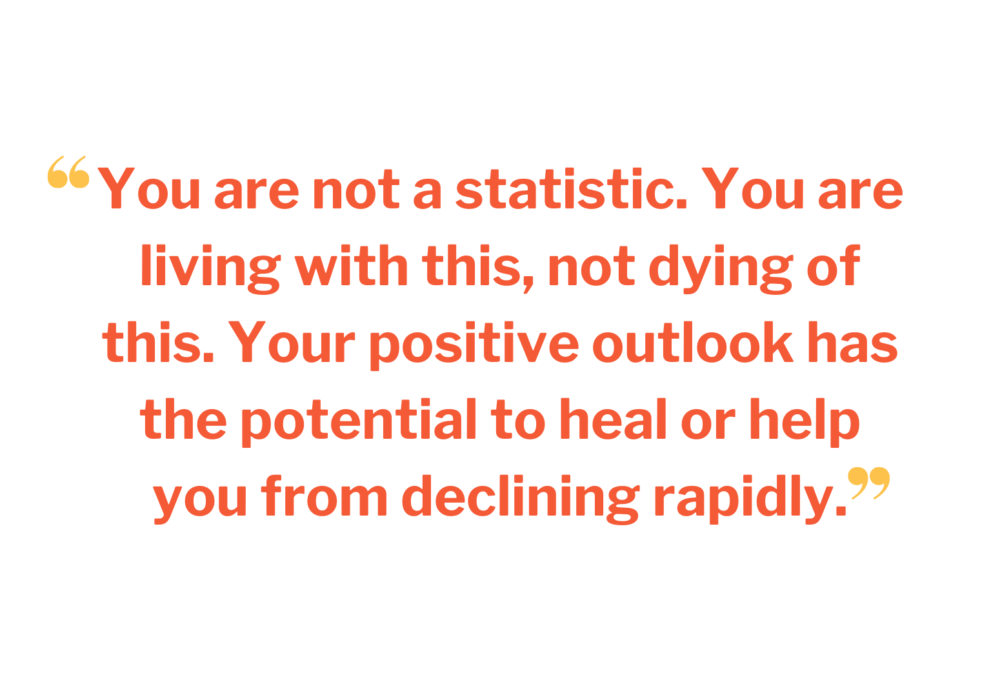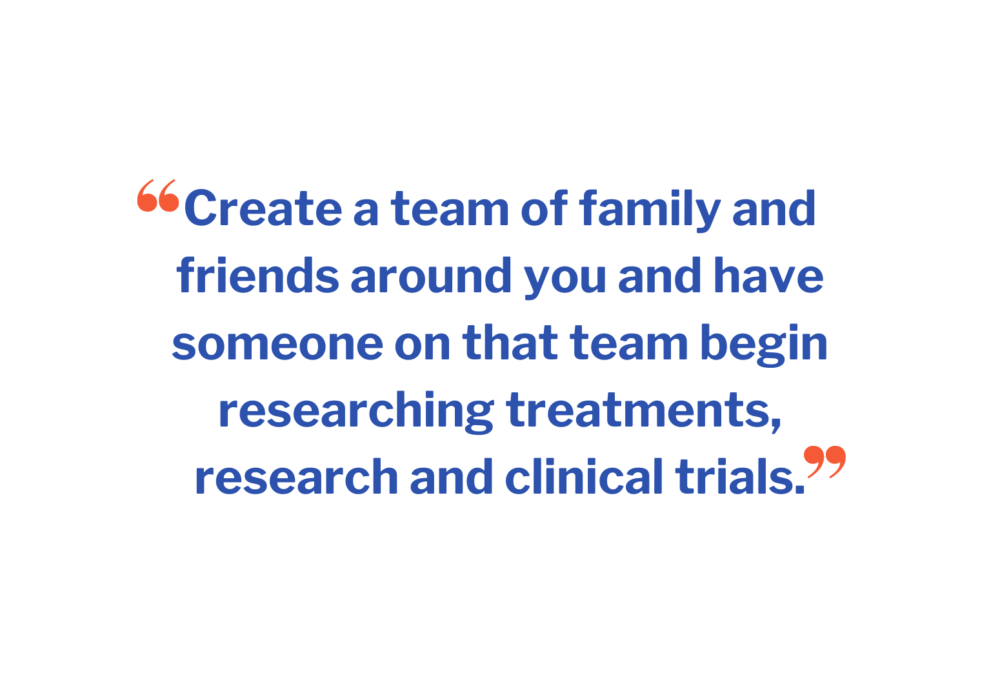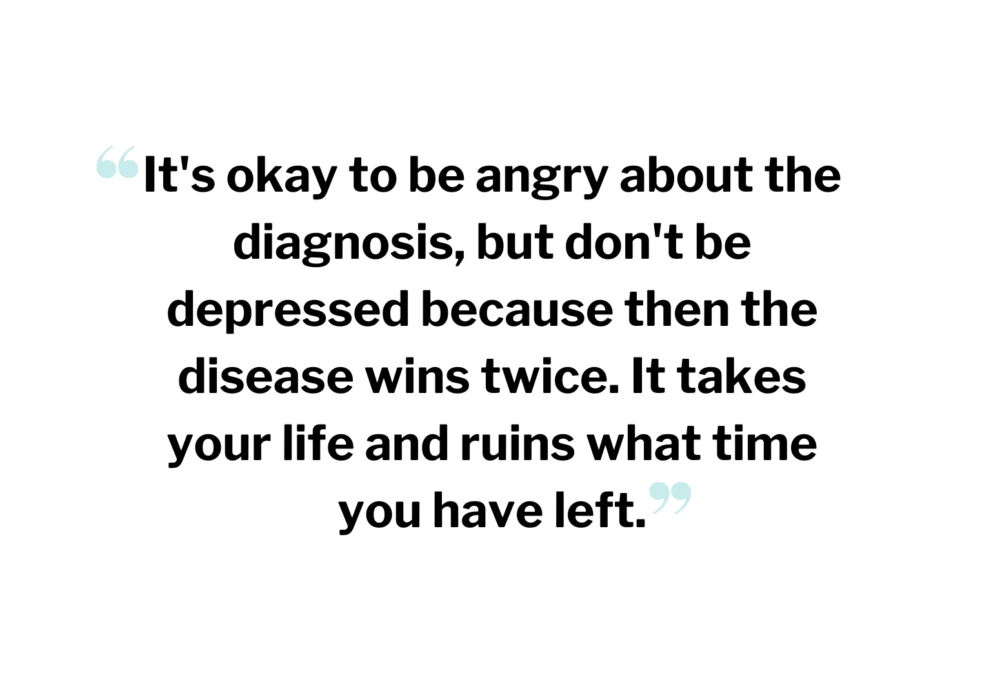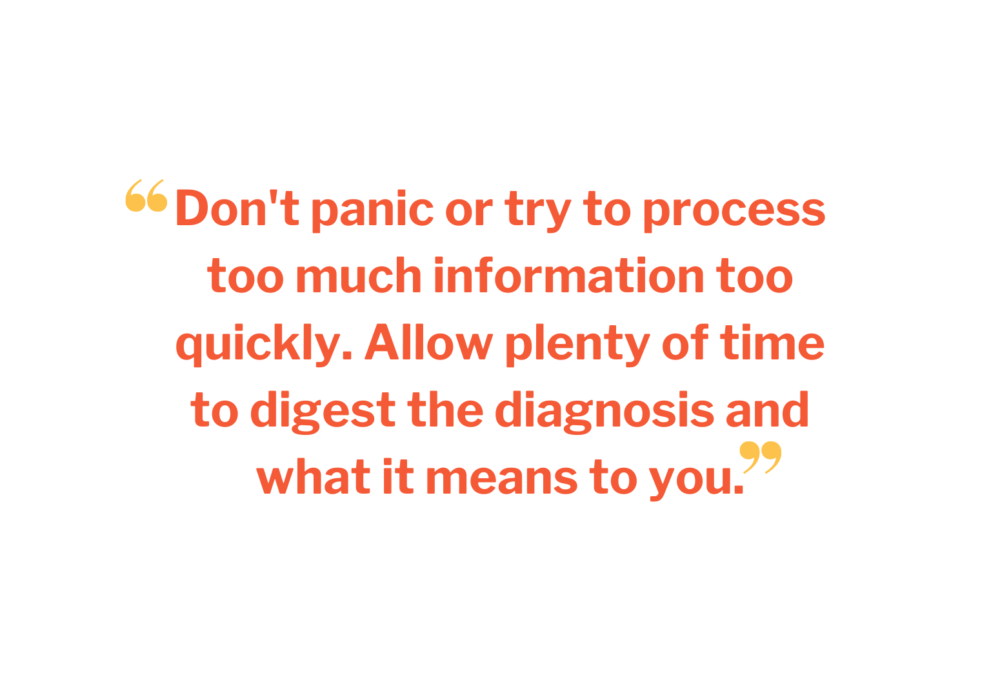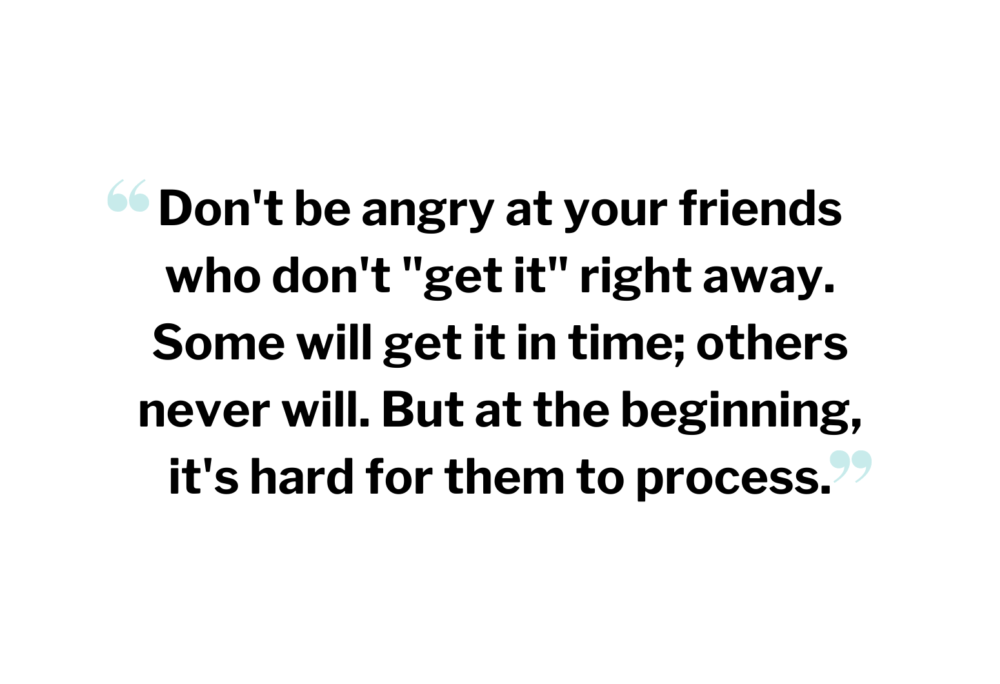Almost as soon as you or your loved one hear the words “you have ALS,” you’re also likely told to apply for social security disability benefits (SSDI). However, what happens if you don’t immediately qualify to receive the benefits? We outline ways to explore all options to qualify below.
We know that navigating ALS can be stressful, but we’ve got your back. As you make your way through the content below, know that we’re here for you to help out with any other questions you might have.
We get it — this can be confusing to understand and navigate. If you are feeling lost and in need of a personal health advocate, to walk you through this please reach out to our ALS Navigators.

